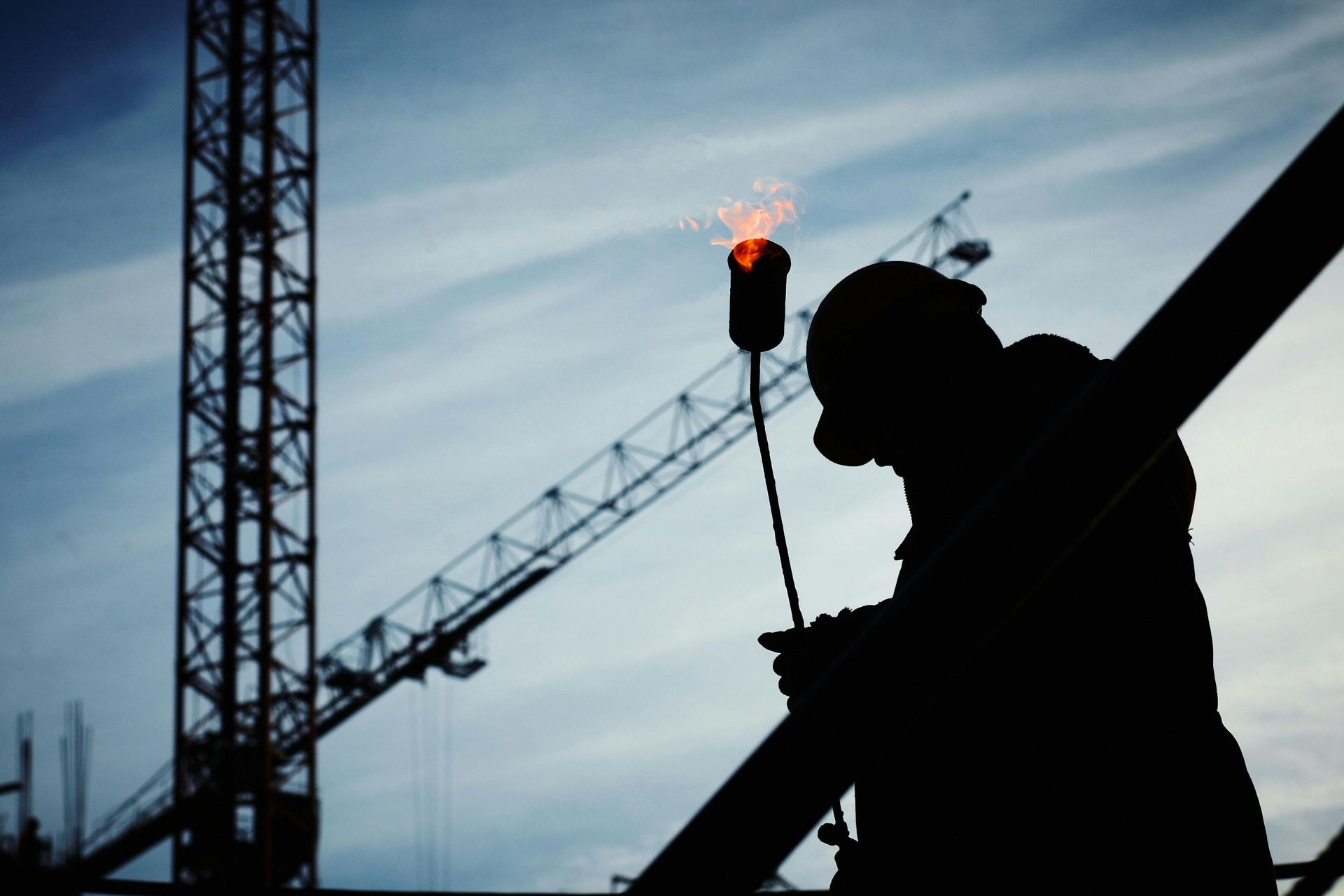The #1 Mistake Safety Managers Make When Hiring a Contractor
Are you making one of these common mistakes?

In high-risk industries like construction, manufacturing, and logistics & warehousing, workplace safety isn’t optional—it’s essential. From preventing fatalities to protecting reputations, safety leaders are under constant pressure to get construction safety management, manufacturing safety protocols, and other initiatives right. Yet, even the most seasoned safety managers often overlook one critical factor when it comes to safety contractor hiring and working with third-party safety consultants.
What is it?
They assume technical qualifications and safety certifications are enough.
Here’s why that’s a dangerous and costly mistake, plus strategies for hiring the right contractor to enhance your safety culture.
Credentials Doesn’t Always Mean Competency
On paper, the contractor checks out: OSHA cards, CSP certification, maybe even years of experience in similar facilities. But then Day 1 arrives, and things unravel:
- The contractor can’t communicate effectively with frontline teams, undermining workplace safety.
- They miss operational nuances because they’re unfamiliar with your site’s safety culture and industry safety requirements.
- Their “checklist” mentality fails to address deeper systemic issues, leading to weak hazard assessments and missed behavioral safety risks.
The truth? Safety leadership isn’t just about ticking boxes—it’s about behavior, context, and influence. When you hire based solely on credentials, you risk bringing in someone who might know the rules but can’t apply them where it counts.
Why This Mistake Happens in Safety Contractor Hiring
This error - assuming technical and safety certifications are enough - persists for several reasons:
- Pressure to hire fast: You’re understaffed, safety audits are looming, and leadership wants answers. Fast hiring wins out over thoughtful hiring, especially in construction safety management and energy industry safety environments.
- Overconfidence in resumes: It’s easy to believe a certification means field-readiness—but safety performance ultimately depends on execution.
- A flawed definition of “qualified”: Most hiring protocols focus on education, not outcomes. That’s a massive oversight for safety contractor hiring and third-party safety consultants.
That’s why so many industry leaders are turning to YellowBird for safety contractors to perform training, safety assessments, develop policy, and fill short and long-term positions. The YellowBird platform analyzes thousands of data points—not just certifications—to connect safety managers with the right talent. And it does so in hours - not the weeks usually taken up by traditional hiring and consulting firms.
What’s at Stake in Workplace Safety
The fallout from hiring the wrong contractor can be catastrophic.
- Safety audits can fail due to missed documentation, weak hazard assessments, or poor worker engagement. In 2023, the U.S. Bureau of Labor Statistics recorded
391 workplace fatalities in manufacturing alone, with the majority caused by contact incidents and hazardous machinery.
- Incidents may rise because the contractor overlooks the behaviors and blind spots that cause real harm. Across all U.S. industries,
a worker died every 99 minutes in 2023.
- Your credibility could take a hit, especially when upper management or regulators ask, “Who brought this person in?”
What to Do Instead: Hire Safety Contractors for Fit
Here’s how to avoid this trap and hire contractors who can improve your safety outcomes and strengthen your safety culture:
1. Assess Cultural Competency
Does this person understand your industry's pace, your workforce’s mindset, and your operational priorities? Contractors unfamiliar with your site’s safety culture may miss operational nuances and fail to engage workers,
undermining safety protocols.
2. Prioritize Communication Skills
A contractor who can’t engage, listen, or influence won’t drive change—no matter how impressive their safety certifications.
Research shows that poor communication is directly linked to accidents and fatalities in high-risk industries, including energy industry safety.
3. Look for Real-World Wins
Ask for examples of measurable improvements they’ve made in similar settings. Not just tasks they’ve performed, but results they’ve driven. Companies that
focus on outcomes, not just credentials, achieve dramatically better workplace safety records and reduce behavioral safety risk.
4. Use a Vetted Network
Platforms like YellowBird connect you with pre-vetted, insured, and experienced safety professionals who have been rated not just on their certifications—but on
thousands of other data points, including the impact they deliver in the field, helping you improve your workplace safety culture.
Need a Proven Safety Expert—Fast?
In high-risk environments, a misstep in hiring isn’t just inefficient, it’s dangerous. Hiring the wrong contractor might cost you a failed audit, an injury, or even a life. Hiring the right one? That’s how you build a safety culture that lasts.
YellowBird gives you instant access to thousands of vetted EHS professionals across the country. Whether you need an on-site risk assessment, policy revamp, or full-time safety staffing, we’ll match you with someone who fits your culture, not just your compliance checklist.

